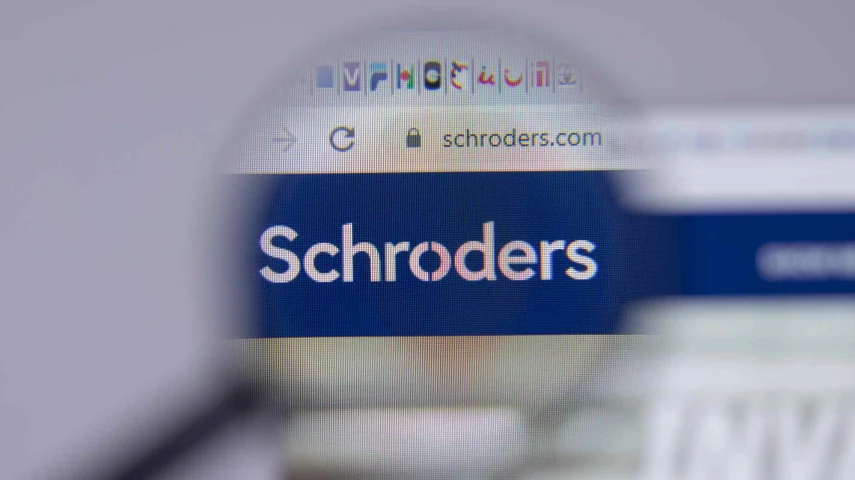Schroders FI head on two bond opportunities in 2024



Schroders head of fixed income, Stuart Dear, has identified two areas of the fixed income market that he believes are currently attractive to investors.
Dear, who has worked at Schroders since October 2012, provided an update on the firm’s Fixed Income and Absolute Return Income funds, and the two areas he currently favours.
The best-performing fixed income assets during 2023 had been global high yield, emerging market debt and inflation-linked bonds.
He said: “Not all yields are equal and not all yields represent good value at the moment. We can access a broad opportunity set and be selective about the best opportunities. We need to be selective and be reasonably nimble in moving our positions.
“We really like Australian investment grade credit where we can see yields of 5–6 per cent which offer pretty good value and value relative to peers. Another area is the inflation resilience this can provide and this is due to the sectoral composition of the Australian market which has a lot of transport, utilities which have inflation-resilient business structures. By investing in those, we can get implicit inflation resilience built in the portfolio.”
The second area that Dear favours is Tier 2 subordinated debt which can offer a 6 per cent yield.
“The Tier 2 space within the bank capital structure is between senior bonds and hybrids. Banks have had to raise a lot of Tier 2 debt to meet their regulatory capital requirements and that’s made Tier 2 debt look cheap.”
The Fixed Income Fund has 36 per cent allocated to Australian credit, and 55 per cent in the Absolute Return Income Fund for its inflation resilience and attractive income offering.
Dear also flagged the dangers of holding too much cash in portfolios and whether investors should start to move their allocations into bonds.
Research by Bank of America earlier this month found investors are holding their lowest cash weightings since June 2021 at 4 per cent, instead increasing their bond position from a net 14 per cent underweight in April to a net 6 per cent underweight.
“The second thing is there is an opportunity cost to holding cash and term deposits with rates at 4–5 per cent. Term deposits provide that certainty of return, but you are potentially giving up return in being in them and not investing across the spectrum,” he said.
Last month, Money Management wrote about how allocators believe it is time for investors to switch out of cash and into bonds in advance of rate cuts by central banks.
Recommended for you
Evidentia’s chief investment strategist Nathan Lim has announced his retirement after a 30-year career.
GQG Partners has marked its fifth consecutive month of outflows as its AI concerns lead to fund underperformance but overall funds under management increased to US$166.1 billion.
Apostle Funds Management is actively pursuing further partnerships in Asia and Europe but finding a suitable manager is a “needle in a haystack”.
Managed account provider Trellia Wealth Partners, formed from the merger between Betashares and InvestSense, has appointed its first managing partner.











